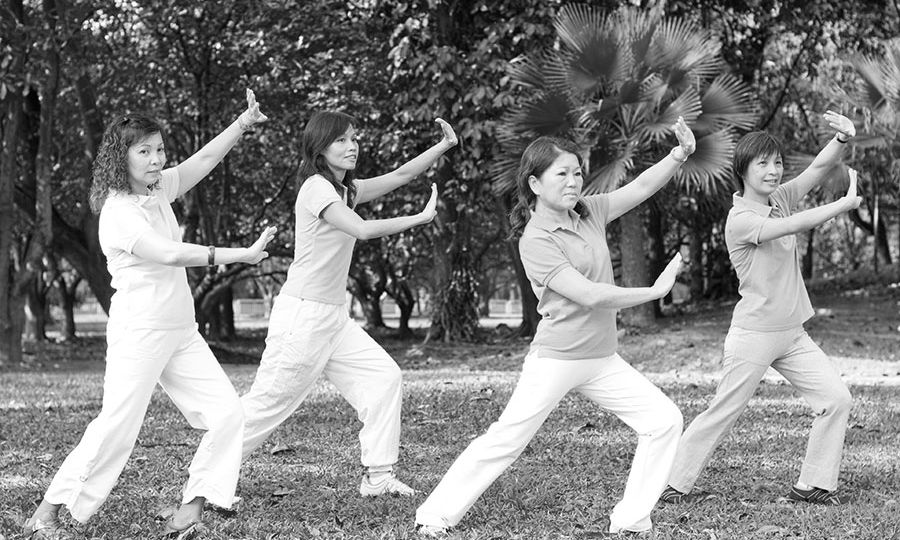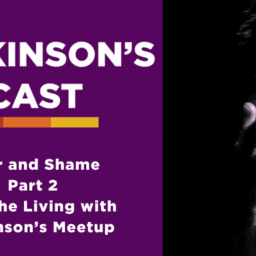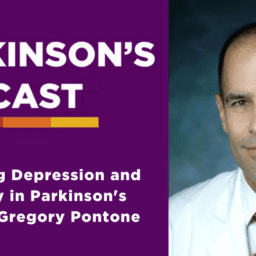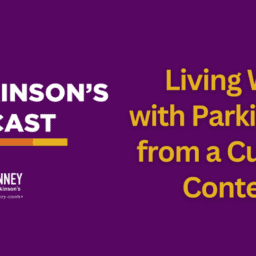The Davis Phinney Foundation is committed to funding research that helps people with Parkinson’s live well today. An example of the research we support is the work of Peter M. Wayne, Ph.D., an Associate Professor of Medicine at Harvard Medical School. Dr. Wayne’s laboratory has been studying the impact of tai chi and qigong, two popular mind-body interventions, on motor and non-motor symptoms of Parkinson’s. These forms of exercise blend elements of traditional Chinese medicine with martial arts conditioning and philosophy. They integrate balance and coordination with body awareness and mental attention training.
Dr. Wayne and his colleagues recently published a paper in Parkinsonism and Related Disorders that surveyed the results of 21 separate studies about people with Parkinson’s who practiced either tai chi or qigong ( The Impact of Tai Chi and Qigong Mind-Body Exercises on Motor and Non-Motor Function and Quality ). The findings show that individuals who participated in these exercises experienced improvements in Parkinson’s related motor symptoms, balance and mobility as well as a reduced number of falls. The paper also found that engagement in these exercises helped to significantly reduce depression.
The 21 separate studies investigated by Dr. Wayne and his colleagues did not all use the same styles of tai chi or qigong training, and most were modified or shortened for people living with Parkinson’s. The researchers did find that the classes represented typical community-based programs, ranging from a frequency of 1 to 3 classes per week with additional suggested practice at home. Positive results were seen from the majority of the studies, which highlights the benefits of tai chi regardless of specific style or set of forms.
The variety of different tai chi and qigong classes should make it easier to locate a program near you that you can try out. Of course, it is important to check with your physician prior to beginning a new physical activity program, but Dr. Wayne’s work suggests that you are likely to see both physical and mental benefits from these activities.
Additional Studies of Tai Chi
Dr. Wayne’s team also recently won an award for research they presented at the American Congress of Rehabilitation Medicine annual conference held in October 2017. The study, titled Task Assessment of the Impact of Tai Chi on Postural Control in Parkinson’s Disease and presented by Dr. Gloria Vergara-Diaz, was also work supported by the Davis Phinney Foundation. This small pilot study showed that individuals with Parkinson’s who completed a 6-month tai chi course showed trends towards improved performance on a dual task test, which involves working on a cognitive challenge while also doing a physical activity. This work emphasizes the link between mind and body and supports the theory that exercise can positively affect many aspects of quality of life.
In a personal communication with Davis Phinney Foundation staff, Dr. Wayne stated:
There is still so much to learn from research about exactly how exercise improves the physical and mental well-being of people with living with Parkinson’s disease, as well as which combinations or activities yield the best outcomes, but there is no doubt whatsoever that exercise remains one of the best therapies for preserving and enhancing quality of life.
We are proud to support innovative researchers, such as Dr. Wayne, who are helping find ways to live well today!


















My wife and I have an active Qigong practice and it is a significant help for her lung disease and my Parkinson’s- have been doing it for about 4 years. Please continue to track Qigong. Jerry
Thank you for commenting, Jerry. We appreciated hearing your feedback about how Qigong has worked for you and your wife!
has anyone tried TAI CHI
I was diagnosed with PD 4 1/2 years ago. I could barely pick up my right foot and had to take steps using only my left foot. A year and a half of Tai Chi has helped me regain my balance. I can now walk, run. etc without limp.
I was diagnosed with PD about 7+ years ago. I had don Tai Chi for some some 50 years, latterly 5 times a week for about 50 minutes each time. I took a bad fall 3 years ago and have not felt up to my Tai Chi routine.
I am now 92 years of age. Each week, I take one hour each for “Singing with PD” plus “Dancing with PD”. I have not got back to my Tai Chi for about 2 1/2 years now. I have recently found that PD physical symptoms are seriously catching up with me. I hope to get get back to Tai Chi in terms of a couple of times a week. Maybe I’ll be able to improve my gait and lessen the pains in my back. We’ll see.
My goal is to do regular Tai Chi when I’m 100! Then I’ll slow down!
Thanks for sharing your story, Frank. Setbacks will happen during everyone’s journey with Parkinson’s, however, it having the positive mindset to bounce back from these setbacks that is the key to living well. Setting a goal for yourself to practice Tai Chi multiple times a week is a wonderful thing to strive for. You can do it!